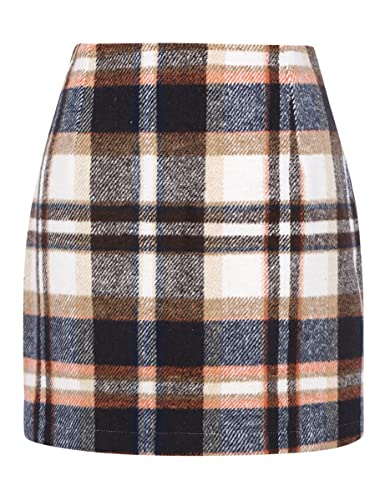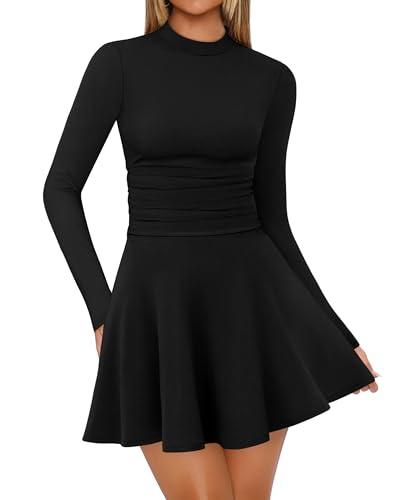Dresser Size Chart
Small Dresser
Dimensions: 30″ x 36″ x 16″ (76 x 91 x 41 cm)
Capacity: 4-5 drawers, small clothing
Use Case: Perfect for compact spaces like bedrooms or guest rooms.
Standard Dresser
Dimensions: 30″ x 48″ x 18″ (76 x 122 x 46 cm)
Capacity: 5-6 drawers, clothing items
Use Case: Common choice for medium-sized bedrooms or apartments.
Tall Dresser
Dimensions: 60″ x 30″ x 18″ (152 x 76 x 46 cm)
Capacity: 6-8 drawers, clothing, accessories
Use Case: Ideal for tight spaces or as a secondary storage piece in large bedrooms.
Wide Dresser
Dimensions: 30″ x 60″ x 18″ (76 x 152 x 46 cm)
Capacity: 6-8 drawers, large clothing items
Use Case: Suitable for larger bedrooms with extra space for clothes and accessories.
Double Dresser
Dimensions: 30″ x 72″ x 18″ (76 x 183 x 46 cm)
Capacity: 8-12 drawers, multiple clothing items
Use Case: Great for couples or people with a lot of clothing.
Low Profile Dresser
Dimensions: 24″ x 60″ x 18″ (61 x 152 x 46 cm)
Capacity: 5-7 drawers, folded clothes
Use Case: Ideal for modern, minimalist rooms or children’s rooms.
Mirrored Dresser
Dimensions: 30″ x 48″ x 18″ (76 x 122 x 46 cm)
Capacity: 5-6 drawers, clothing
Use Case: Great for aesthetic or vanity setups in larger bedrooms.
Baby Dresser
Dimensions: 36″ x 34″ x 18″ (91 x 86 x 46 cm)
Capacity: 4-5 drawers, baby clothes, accessories
Use Case: Ideal for nurseries or baby rooms.
Bureau Dresser
Dimensions: 36″ x 42″ x 18″ (91 x 107 x 46 cm)
Capacity: 6-8 drawers, folded clothes
Use Case: Typically used in traditional bedrooms for a mix of clothing and storage.
Corner Dresser
Dimensions: 36″ x 36″ x 18″ (91 x 91 x 46 cm)
Capacity: 4-6 drawers, compact clothing
Use Case: Perfect for utilizing corner spaces in small or cozy rooms.
Note: Dimensions and capacities may vary based on design, material, and structure of the dresser.
Looking for the perfect fit? Check Out These Best-Selling Dresser.
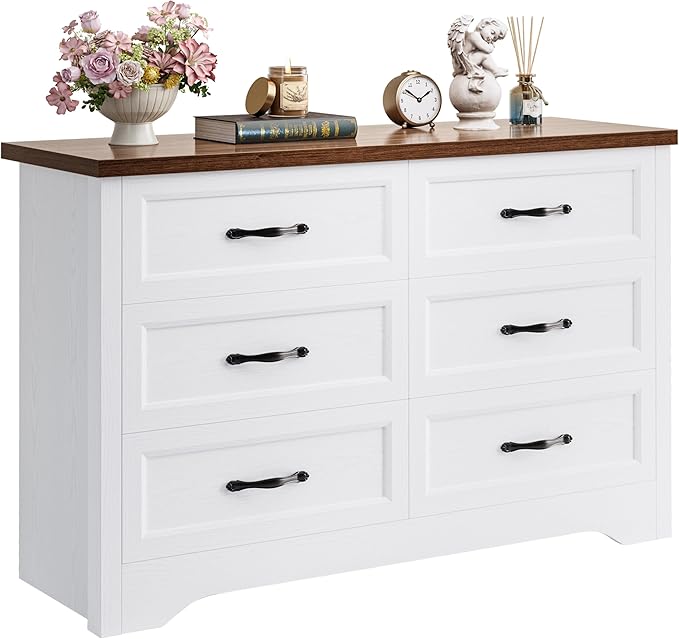
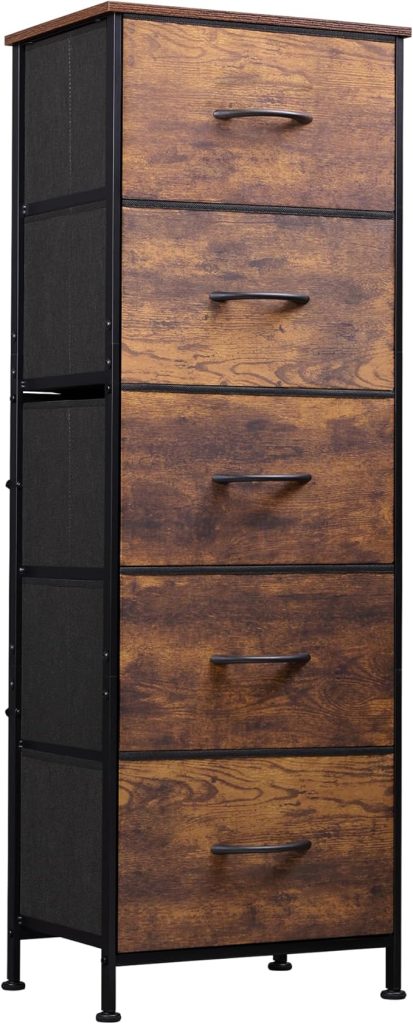
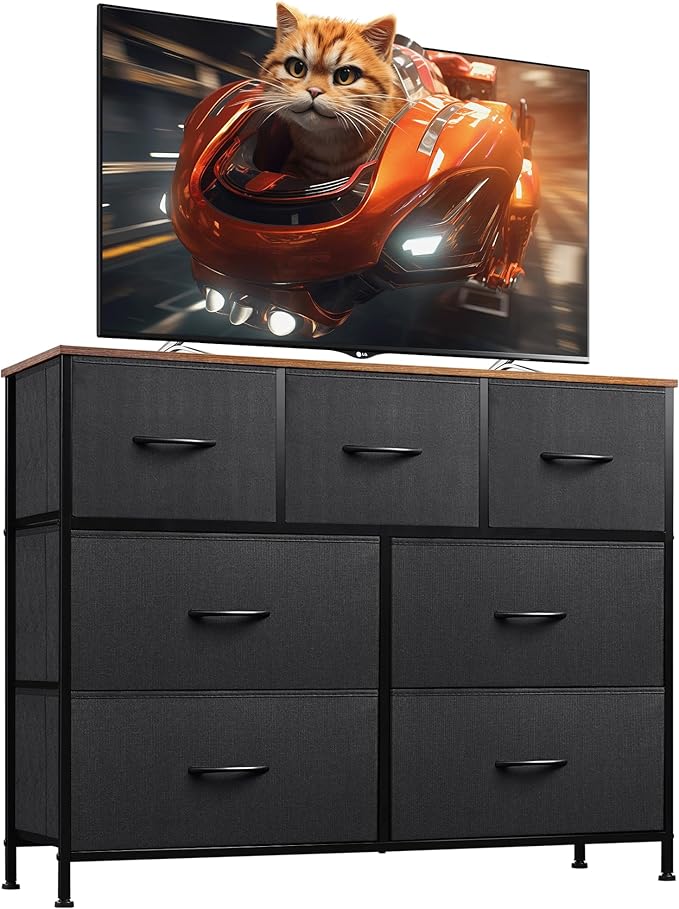
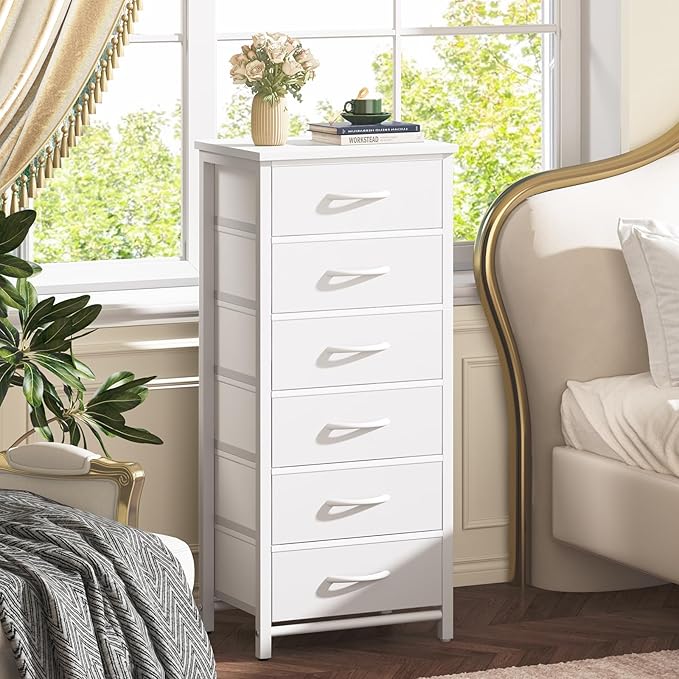
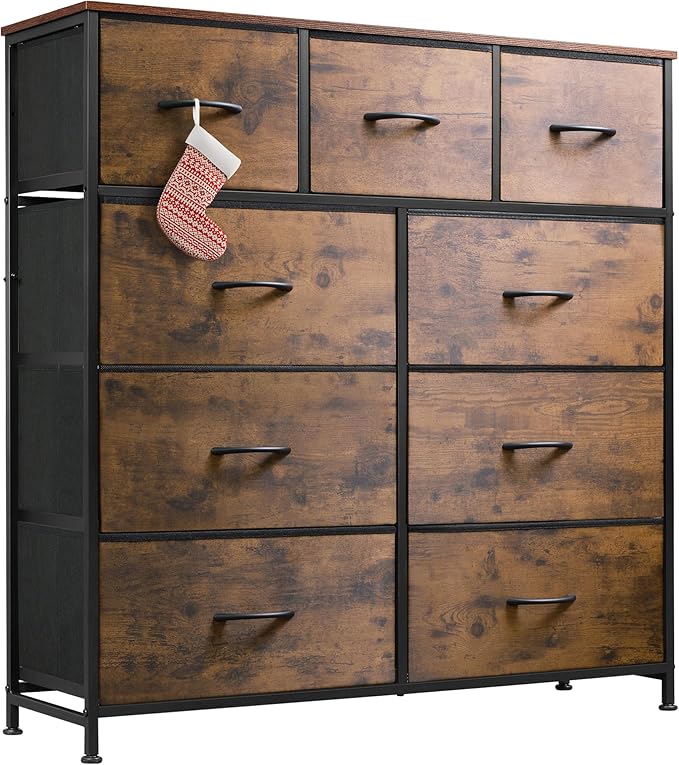
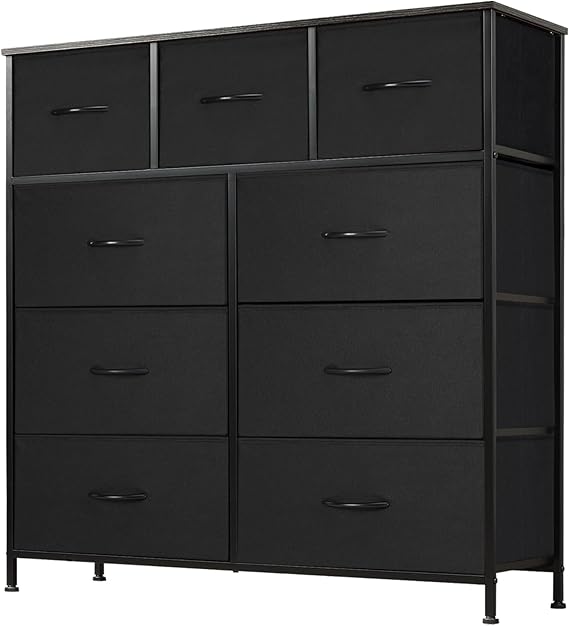
Dresser Size Chart with common dimensions and capacities for various types of dressers. This can help in choosing the right dresser for your space and needs.
Dresser Size Chart
| Dresser Type | Dimensions (Height x Width x Depth) | Typical Storage Capacity | Use Case |
|---|---|---|---|
| Small Dresser | 30″ x 36″ x 16″ (76 x 91 x 41 cm) | 4-5 drawers, small clothing | Perfect for compact spaces like bedrooms or guest rooms. |
| Standard Dresser | 30″ x 48″ x 18″ (76 x 122 x 46 cm) | 5-6 drawers, clothing items | Common choice for medium-sized bedrooms or apartments. |
| Tall Dresser | 60″ x 30″ x 18″ (152 x 76 x 46 cm) | 6-8 drawers, clothing, accessories | Ideal for tight spaces or as a secondary storage piece in large bedrooms. |
| Wide Dresser | 30″ x 60″ x 18″ (76 x 152 x 46 cm) | 6-8 drawers, large clothing items | Suitable for larger bedrooms with extra space for clothes and accessories. |
| Double Dresser | 30″ x 72″ x 18″ (76 x 183 x 46 cm) | 8-12 drawers, multiple clothing items | Great for couples or people with a lot of clothing. |
| Low Profile Dresser | 24″ x 60″ x 18″ (61 x 152 x 46 cm) | 5-7 drawers, folded clothes | Ideal for modern, minimalist rooms or children’s rooms. |
| Mirrored Dresser | 30″ x 48″ x 18″ (76 x 122 x 46 cm) | 5-6 drawers, clothing | Great for aesthetic or vanity setups in larger bedrooms. |
| Baby Dresser | 36″ x 34″ x 18″ (91 x 86 x 46 cm) | 4-5 drawers, baby clothes, accessories | Ideal for nurseries or baby rooms. |
| Bureau Dresser | 36″ x 42″ x 18″ (91 x 107 x 46 cm) | 6-8 drawers, folded clothes | Typically used in traditional bedrooms for a mix of clothing and storage. |
| Corner Dresser | 36″ x 36″ x 18″ (91 x 91 x 46 cm) | 4-6 drawers, compact clothing | Perfect for utilizing corner spaces in small or cozy rooms. |
Key Considerations for Choosing a Dresser:
- Storage Needs: Consider how much clothing and accessories you plan to store. Opt for larger dressers if you have many items to store.
- Space Availability: Measure the available space in your room, as dressers come in different widths, heights, and depths.
- Room Size: In larger rooms, wider or double dressers can be used, while in smaller rooms, a tall or small dresser is more appropriate.
- Material and Style: Dressers come in various materials (wood, metal, or a combination) and styles (modern, traditional, contemporary). Choose one that complements the room’s decor.
- Drawer Size: Ensure that the drawer sizes are suitable for your needs (e.g., deep drawers for sweaters, shallow drawers for accessories).
- Number of Drawers: More drawers offer more flexibility for organizing clothes, but may take up more space.
How to Use This Chart:
- Small Bedroom/Studio: Opt for smaller or tall dressers that don’t take up much floor space.
- Large Bedroom: Choose wide or double dressers for storing larger amounts of clothing.
- Nursery/Children’s Room: A baby dresser or low-profile dresser is perfect for holding baby clothes and accessories.
FAQs About Dresser Sizes
1. How do I choose the right dresser size?
Consider your storage needs, room space, and usage. For small rooms, go for tall dressers; for shared storage, a double or wide dresser works best.
2. What is the most common dresser size?
A standard dresser (50-65 inches wide, 30-45 inches high) is the most common choice for bedrooms.
3. How deep should a dresser be?
Most dressers are 16-20 inches (41-51 cm) deep, which allows enough space for folded clothes and accessories.
4. How many drawers does a typical dresser have?
- Small dressers: 3-5 drawers
- Standard dressers: 6-8 drawers
- Tall dressers: 5-7 stacked drawers
- Wide dressers: 8-12 drawers
5. What’s the difference between a dresser and a chest of drawers?
- Dresser: Wider with multiple drawers in a side-by-side layout.
- Chest of Drawers: Taller with stacked drawers, ideal for smaller spaces.
6. Can a dresser double as a TV stand?
Yes! A wide dresser (60+ inches) can hold a TV, but check the weight capacity before placing a large TV on it.
7. What is the ideal dresser size for a child’s room?
A small dresser (30-40 inches wide, 24-35 inches high) works best for kids’ clothes and toys.
8. How much clearance do I need around a dresser?
Leave at least 24-30 inches of space in front of the dresser for easy drawer access.
9. What is a combo dresser?
A combo dresser includes both drawers and cabinets/shelves, offering versatile storage for clothes, accessories, or even baby essentials.
10. What materials are best for durable dressers?
- Solid wood (oak, pine, walnut): Sturdy and long-lasting
- MDF/particle board: Affordable but less durable
- Metal: Modern, industrial look, usually for minimalist designs
Conclusion
Choosing the right dresser size involves considering your room size, storage needs, and the types of clothing you want to store. Smaller rooms benefit from small or tall dressers, while larger rooms can accommodate wide or extra-wide dressers for more storage capacity.
The height, depth, number of drawers, and design should align with both your functional and aesthetic preferences. By selecting the correct dresser size, you ensure that your clothing, accessories, and personal items are stored neatly and efficiently while complementing the overall look of your room.

